In a statement published on April 25, Human Rights Watch (HRW) reported that “Iran’s security forces repressing widespread protests have unlawfully killed, tortured, sexually assaulted, and disappeared children as part of a pattern of serious violations.”
The New York-based group investigated abuses against 11 children between September 2022 and February 2023, and documented new details about two previously reported cases. Some of these children were tried in Revolutionary Courts, not in children’s court, and were denied the right to hire their own lawyers. Many released children were denied re-enrollment in school. In flagrant violations of human rights, some of these children were handcuffed and blindfolded and were sentenced in trials that lasted only minutes.
IranWire spoke about the repression of children in Iran with Tara Sepehri Far , HRW’s senior researcher for Iran and the Middle East, lawyer and journalist Moein Khazaeli and psychoanalyst Saba Alaleh.
***
According to Tara Sepehri Far, HRW’s investigations involved boys and girls between 13 and 18 years old, but there were more boys among them. Some of them live in very small towns, but HRW will not release more information about them out of concern for their safety. She says that HRW received its information from at least two human rights activists and from relatives and families of these children.
“When these stories were put together, they confirmed extensive violations of human rights and HRW concluded that they provide much more evidence than ever before for human rights organizations,” she says.
“In many of these reports, witnesses talk about similar cases, but we could not present these cases as evidence because we did not have enough sources to confirm the stories,” she says, adding that “during our investigations we found out that, in this round of protests, we are witnessing a far harsher use of violence and torture.”
According to Sepehri Far, human rights organizations have received horrifying reports of violence, torture and sexual abuse and threats against women, men and children: “In areas not close to main cities, cases of torture and rape against the detainees before their transfer to official detention centers are much more serious, and we need to investigate these cases further.”
Sepehri Far says that the families of these individuals are in a very vulnerable position because they are not willing to talk due to the threats they receive. They have no hope that they can have justice in Iran “because the security establishment, with the full cooperation of the judiciary, commits violence and is engaged in repression. Violence takes place even inside the courtrooms.”
By interrogating children by security and intelligence agencies and by trying them at Revolutionary Courts, says Sepehri Far, the Islamic Republic is violating not only international laws but also Iran’s own laws and its own rules for prosecution.
Does Reporting Torture Makes Any Difference?
According to Sepehri Far, HRW’s report is part of an effort to shed light on what has been happening in the course of repression over the past months: “The Iranian government considers all such reports biased and not based on evidence and refuses to interact with international and human rights organizations. It is very difficult to imagine that such reports would lead to any fundamental changes in the behavior of the Islamic Republic, but the more such reports are published the more likely it is that they would affect relations between international institutions and other countries with Iran. The more evidence is published the more difficult it would become for the Iranian government to deny them.”
“The least that an accountable and responsible government can do when faced with such evidence is to launch a transparent investigation. Unfortunately, considering the Islamic Republic’s record, it instead denies the reports and goes after those who have disclosed this information. As time goes by, pressure on families to silence them has increased.”
Lawyer and journalist Moein Khazaeli believes that this report by HRW is very important because this organization is held in high regard by international institutions and human rights organizations cite its reports as a reliable source.
Can HRW’s report be presented to court in Iran as evidence?
“There is no chance this can happen in Iran,” says Moein Khazaeli. “The judiciary of the Islamic Republic denies that these reports are reliable and evidential, but this does not mean that the right of parents and families to seek justice in Iran should be ruled out. To appeal to international tribunals and organizations, they must first lodge their complaints in Iran, and this is the advice of all human rights lawyers to plaintiffs.”
“Families must go to the judiciary to lodge their complaint and follow up on it. This puts more pressure on the judiciary because when a complaint is officially registered the judiciary is duty-bound to follow up on it. On the other hand, lodging complaints by itself is a way to disseminate information, and it unites society and public opinion in their support, making it a call for justice on behalf of the whole community, not only on behalf of the victims and their families.”
Systematic Torture and Sexual Abuse of Children Are International Crimes
According to Moein Khazaeli, some of the crimes reported by HRW, including the systematic sexual abuse of children, are international crimes and crimes against humanity and can be brought at the International Criminal Court.
“But since Iran is not a member of the International Criminal Court and has not signed its charter, it is necessary for international institutions to prepare a case. Reports such as this one by HRW can be a prelude to creating a case against Iran at the UN Security Council and to sending it to the International Criminal Court. Then human rights organizations can send the evidence that they have gathered to the court. Of course, starting such a process is not a very simple undertaking.”
Moein Khazaeli points out that it is the duty of the judiciary and its bailiffs – not the victim – to find out who has committed human rights violations. “The judiciary will resist complaints filed by the families but since the families have the evidence of the crime, filing a complaint would not be that difficult,” he points out.
Why Is the Government Treating Children and Students So Violently?
“According to the UN Convention on the Rights of the Child, children have a right to peaceful protests,” says Moein Khazaeli, “and from the very first days of the uprising the children, especially in schools, exercised this right by gathering in the schoolyard and by writing slogans. Crackdowns and violence against children between 13 and 18 started because of their support for the protests and increased in intensity. As the protests intensified, violence against children became more systematic.”
“The government uses its power to tell the people, ‘I can threaten the safety of your children and you cannot do anything about it. So you must obey my laws and stay silent.’”
Detained Children Expelled from School
According to the report by HRW, “security forces have arrested and detained children without notifying their families, sometimes for weeks. Students released from detention have been barred from returning to school, or authorities have cut off their families’ social welfare, resulting in the children having to go to work.”
“The inability of returning to school has very serious, negative and harmful consequences for students in this age group,” says the psychoanalyst Saba Alaleh. “When the possibility of returning to school is taken away from these children, it means that they are forced to cut their relations with their age group. They feel worthless, they become isolated and they are pushed to become social outcasts.”
The Hidden Aspects of Sexual Abuse
HRW’s report documents sexual abuse of detained children. In one case, authorities “beat and sexually assaulted a 17-year-old boy, bruising him all over and causing bleeding from his anus.” In another case, a “16-year-old has tried twice to take his own life after being beaten, electroshocked, and sexually assaulted.”
Saba Alaleh says that the sexual abuse of detained children has hidden aspects, different from what is visible: “From the moment that the children come face to face with agents of suppression and security agents, they are sexually humiliated and mistreated. Then comes rape and outright sexual abuse. Using dirty and humiliating words also amounts to violence against children, but only rape is visible to us. In the past months, children have been subjected to many semi-hidden and intangible abuses.”
She says that sexual abuse and torture cuts their relations with the outside world, posing a great danger to these children. That is why some of these children attempt suicide after their release from custody because they come to believe that this is not a safe world.
visit the accountability section
In this section of Iran Wire, you can contact the officials and launch your campaign for various problems





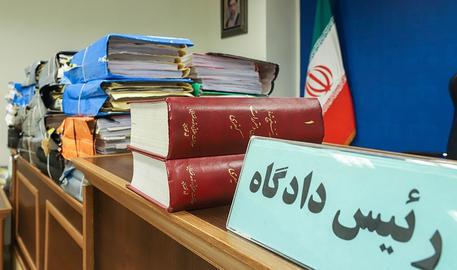






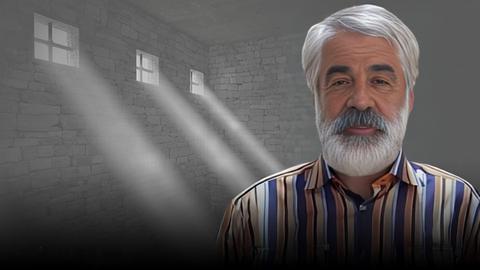

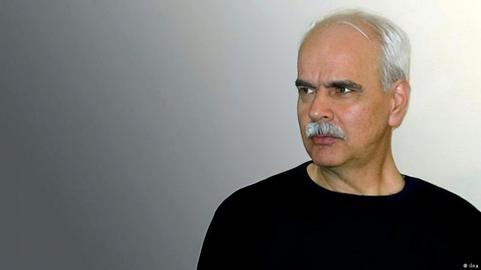
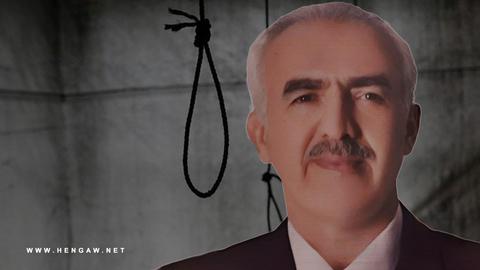
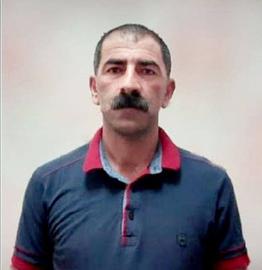

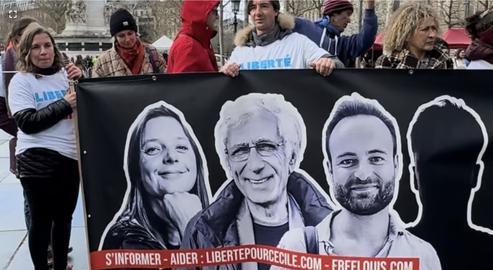
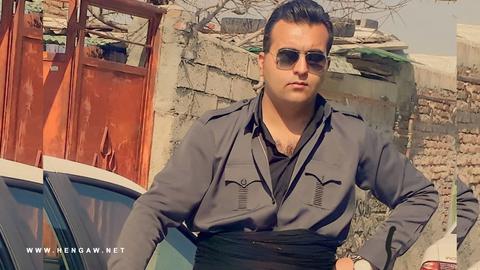

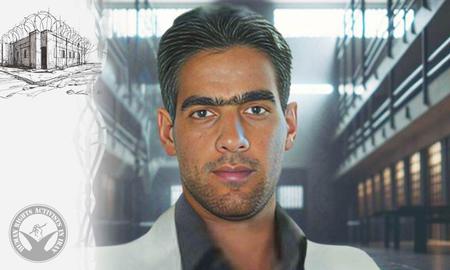




comments